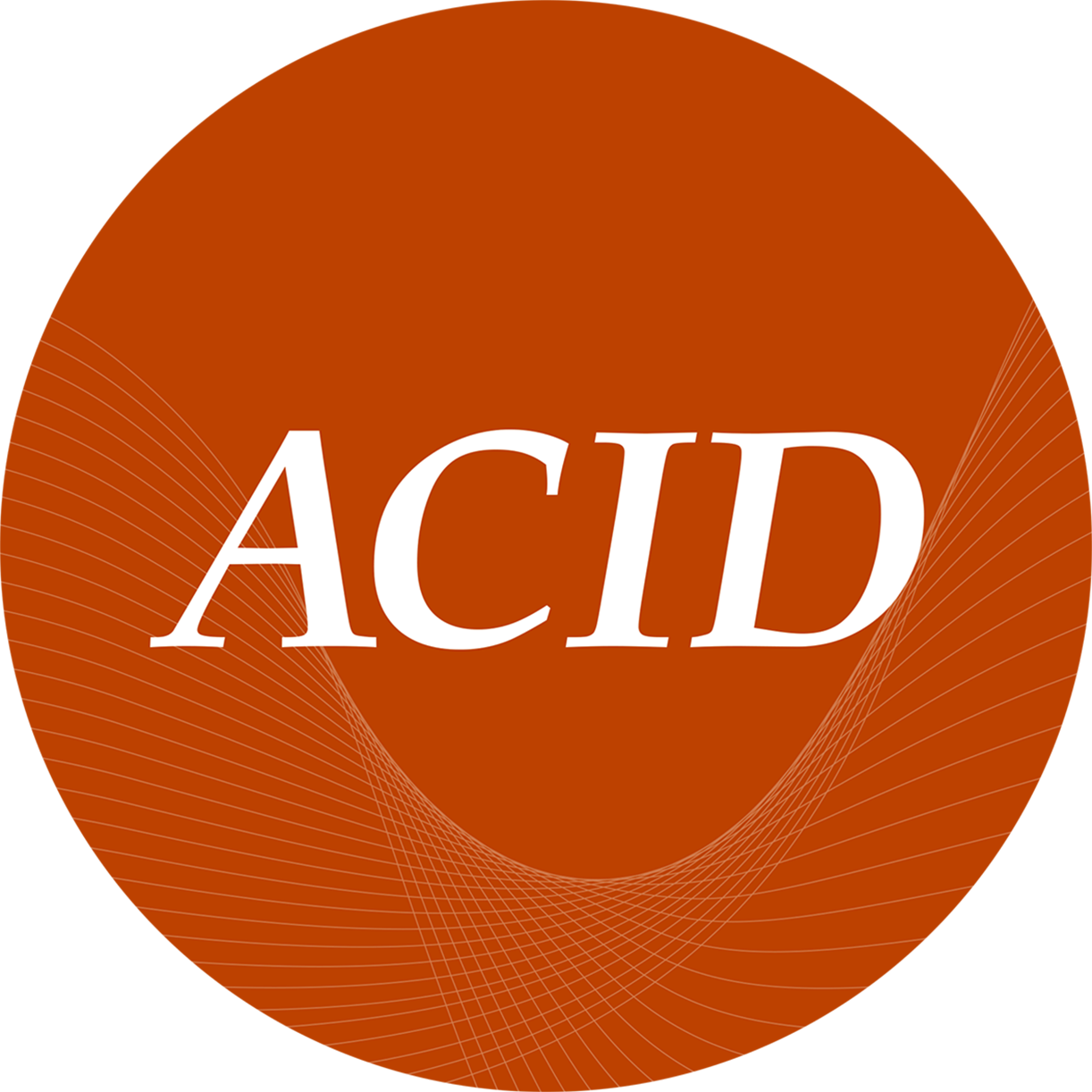Vsevolod V. Gurevich, Ph.D., is a Cornelius Vanderbilt Endowed Chair, Professor of Pharmacology, Professor of Ophthalmology and Visual Sciences, Vanderbilt University. Research focus: structure and function of arrestins. With different collaborators we solved crystal structures of all four vertebrate arrestin subtypes, of the arrestin-rhodopsin complex, and of receptor bound-like conformation of arrestin-3 in the absence of receptor. We constructed enhanced phosphorylation-independent arrestin-1, -2, and -3 that bind active unphosphorylated GPCRs. We showed that enhanced mutants of visual arrestin-1 compensate for defects in rhodopsin phosphorylation in vivo. We identified key residues responsible for receptor preference of arrestins and constructed mutants of naturally promiscuous non-visual arrestin-3 with high specificity for individual receptors. We identified arrestin elements involved in binding the kinases of ASK1-MKK4/4-JNK1/2/3 signaling cascades and constructed monofunctional arrestin-3-derived peptides that facilitate JNK activation in cells but lack other functions of arrestin-3. These are the smallest MAP kinase scaffolds described so far. We demonstrated that inactive kinases of this cascade have higher affinity for arrestin-3 than phosphorylated. Based on these data, we proposed a “conveyor belt”: mechanism of signal ampliphication on arrestin-3 scaffold. We also constructed dominant-negative “silent scaffold”, arrestin-3 mutant that binds the kinases of JNK3 activation cascade but does not facilitate JNK3 phosphorylation. We showed that this silent scaffold suppresses JNK3 activation in cells facilitated by productive scaffolds. We showed that arrestin-3 dependent facilitation of JNK activation and GPCR binding have opposite structural requirements. We elucidated the shape of oligomers of different arrestin subtypes: arrestin-1 tetramers, arrestin-2 “infinite chains” and arrestin-3 trimers, as well as the biological role of these oligomers. We also proved that monomeric GPCRs are necessary and sufficient for GRK phosphorylation and arrestin binding. Education: BS and MS in Biochemistry from Lomonosov Moscow State University; PhD in Bioorganic Chemistry from Shemyakin Institute of Bioorganic Chemistry, Moscow, Russia. Contact info: Vsevolod V. Gurevich, Ph.D. Professor of Pharmacology Vanderbilt University Medical Center 2200 Pierce Avenue Preston Research Building, Rm. 452 (lab), 417D (office) Nashville, TN 37232 Tel: (615) 668-4849 FAX: (615) 343-6532 e-mail: Vsevolod.Gurevich@vanderbilt.edu Lab website https://lab.vanderbilt.edu/gurevich-lab/









